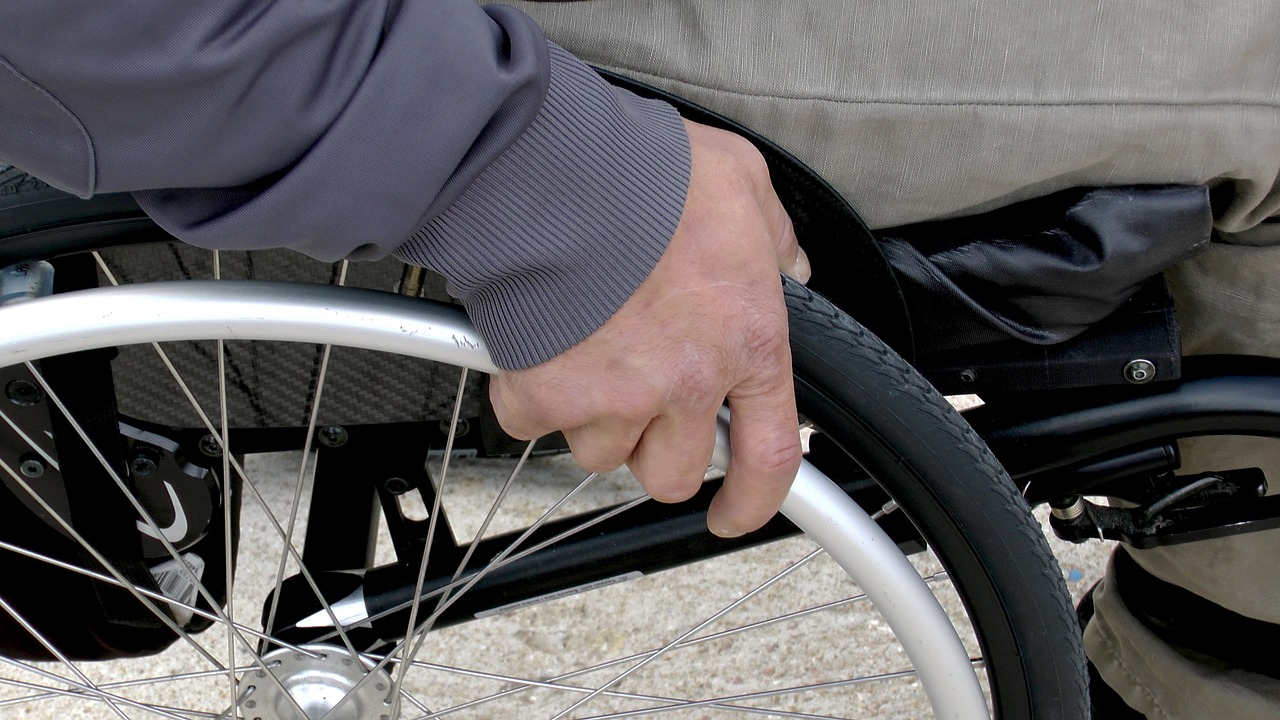
New Bill Could Help Seniors Remain at Home Safely
A new bill that was recently introduced but not yet passed could provide a non-refundable personal tax credit for senior citizens who modify their residences for safety. According to Congress.gov, this bill (HR 1780) would amend the Internal Revenue Code to allow seniors to remain in their homes provided they live safely, independently and comfortably in their residences through certain modifications. This credit would apply to up to $30,000 of the expenses that those at least 60 years old incur over their lifetime to make modifications to their homes. Home care is important to more and more Americans who wish to live in their homes after retirement rather than go into a nursing home.
Seniors can take advantage of this tax credit if they:
- Install entrance and exit ramps
- Widen doorways
- Install handrails or grab bars
- Install non-slip flooring
- Make other modifications specified by the Internal Revenue Service (IRS)
The IRS will be in charge of establishing and maintaining the list of acceptable modifications after consultations with the Department of Health and Human Services as well as gain feedback from the public.
Many feel this is the boost that the home modification/aging in place industry is looking for to gain recognition and support. The biggest inhibitor to growth in this industry is a lack of revenue, says HomeCare. While the market for third-party paid home modifications exists, it’s limited to state waiver programs, workers’ compensation claims, and Veterans Administration orders. The retail market still has a long way to go, which is where the biggest potential for growth lies. If HR 1780 is passed, it would position the industry in such a way as it could market to older adults who want to plan ahead for a safe, comfortable, happy life in their homes after retirement.
Baby Boomers Reaching Retirement
The oldest Baby Boomers turned 70 last year. Overall, there are 2.5 million living boomers in America today, says AARP. Compared with those reaching the same age in 1965, the new 70-year-olds can expect 15 more years of life. This is due in large part to improvements in health care. However, there are trade-offs to this dichotomy. Living longer means more people turning 70 will encounter diseases like Alzheimer’s and Parkinson’s. Baby Boomers are living longer, to be sure, which means they’re also working longer. Many more people these days are staying on the job into their early 70s. By 2022, it’s expected that a quarter of seniors ages 70 to 74 will still be working, which is double the number from 1992.
In the same regard, Baby Boomers are making an impact on housing trends. Their generation is more active than generations past, with a more sophisticated lifestyle that demands more options and choices when it comes to their homes. More Americans are looking ahead to transitions on the horizon in terms of their health. As such, they are looking to widen their existing doors and hallways in the event they may need a wheelchair in the future. As such, designing a home that is livable now but can transition and become functional as the senior ages is key to ensuring the home will be a good long-term investment, says the National Association of Home Builders.
Modifications to Improve Living
First-floor bedrooms and bathrooms are also on the radar, as more than 40% of new homes include downstairs master suites, which represents an increase of 15% over the last decade. Bad knees, aching backs and other health problems may preclude seniors from going up and down the stairs as they age. Thinking ahead and incorporating bedrooms and bathrooms on the first floor is wise. In addition, many are adding larger, more spacious walk-in closets or bathrooms with separate tub and shower, as well as dual sinks and hand rails.
Further speaking to this trend, home listings are dropping as Baby Boomers stay in their homes longer. They’re making a slower transition out of retirement and as a result, are creating what the RealtyTimes calls a “Baby Boomer Bottleneck.” They are opting to stay in the homes they worked so hard to build and create memories in, choosing to stay put and pursue their hobbies, see the grandchildren and travel a bit. They are realizing that this takes money, however, which is in shorter supply as pensions are phased out and inflation eats away at their traditional savings accounts.
A tax credit to improve the safety and comfort of their homes would be just what the doctor ordered for this generation. We’ll keep you posted on whether this bill passes or not!
Contact Pathways Home Health and Hospice
Call us at 800-755-7855 or fill out our online form for more information on our home health care services. Your loved ones can still remain in their homes and receive quality care at the same time.

